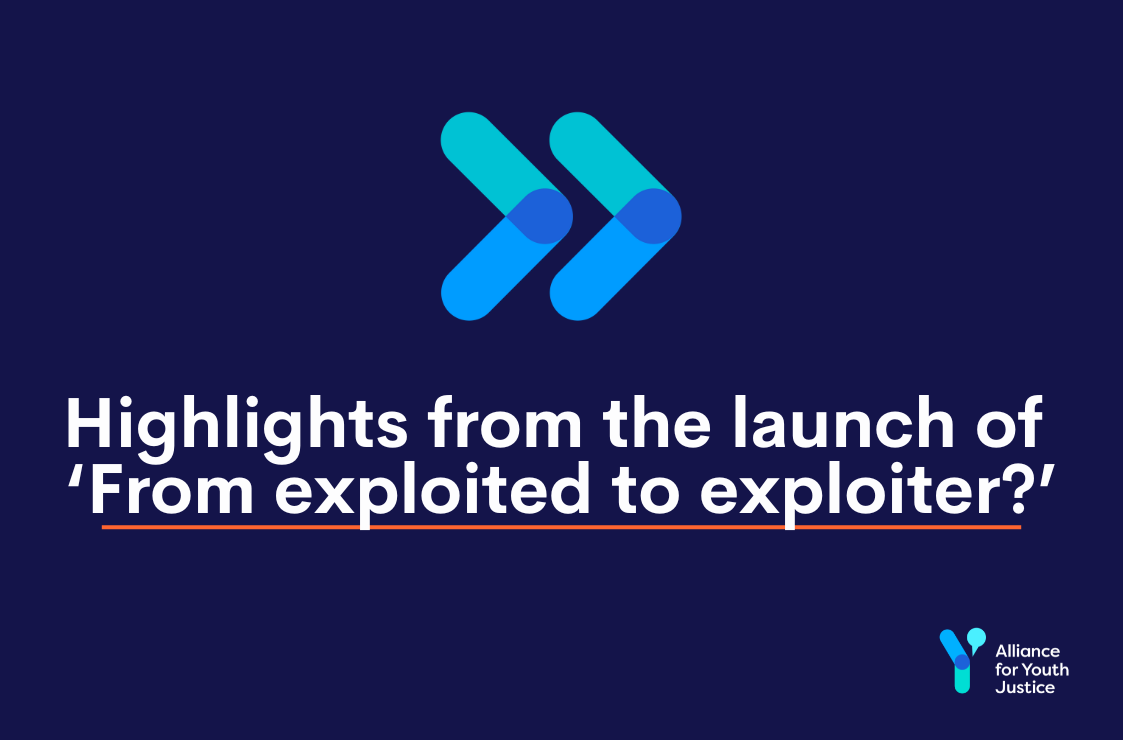LATEST NEWS
Show more content filtered by:
This AYJ comment responds to a series of recent youth justice developments, including the Youth Justice Statistics 2024–25, the IMB’s annual report on HMYOI Feltham, and the Government’s response to the Justice Committee’s youth custody recommendations. It recognises continued reductions in the number of children entering the system and in custody, while raising concerns about unsafe conditions and calling for greater urgency, ambition and transparency in reform.
This AYJ comment responds to the government’s policy statement A Modern Youth Justice System: Foundations Fit for the Future. It welcomes signs of progress while setting out the need for ambitious reform to make custody a genuine last resort, reduce unnecessary remand, and move away from unsafe custodial environments towards child-centred approaches.
This AYJ comment responds to the High Court ruling on the use of PAVA spray in YOIs. It sets out our deep disappointment at the decision and reiterates the urgent need to move away from harmful, punitive responses towards small, therapeutic forms of custody, used only as a last resort.
This AYJ comment piece looks at the Justice Committee’s Ending the cycle of reoffending - part one: rehabilitation in Prisons report. In the short term, we see further accountability on these issues as a welcome first step. In the long term, the best way to meet the needs of children and support desistance is to ensure that no child is sentenced or remanded to custody unless it is an absolute last resort and for the shortest appropriate period.
This AYJ comment piece welcomes the government’s announcement of a dedicated sentencing review for children and calls for the government to take meaningful steps towards meeting children’s distinct needs. This includes ensuring that custody is only ever used as a last resort.
The government’s response to the Hancock Review sets out initial commitments but lacks long-term ambition to ensure the needs of girls in custody are met
In this recap post with video clips, we look back at the launch of ‘From Exploited to Exploiter? Preventing the unjust criminalisation of victims of child criminal exploitation in the transition to adulthood’. The event inclued an in introduction to the report, a panel discussion with Dr Grace Robinson, Dez Holmes, Aika Stephenson, and AYJ’s Okala Elesia, and looked at the steps needed to ensure protection continues into young adulthood to prevent the unjust criminalisation of victims.
In our latest comment, we respond to the inspection of HMYOI Feltham A, where violence remains the highest of any prison, and children face long lock-ups and disrupted education. Despite small improvements at the institution, we warn that these findings reflect a wider crisis in safety across the youth estate.
Our latest briefing draws from an evidence review; a consultation session bringing together professionals from the youth and adult criminal justice sector, voluntary and community sector, legal practitioners, and academia. It also draws from meetings and interviews with practitioners, subject matter experts, and civil servants.
This blog looks at the VASA panel in the London boroughs of Richmond and Kingston. The panel brings together local services – social care, housing, health, education, police, and the voluntary sector – to review cases of 18–25-year-olds at risk of exploitation or violence.
This blog, in conversation with a youth worker for The Children’s Society (TCS) in Nottinghamshire, examines how TCS helps children and young adults affected by child criminal exploitation.
This blog, in conversation with Adam Elliott, a former AYJ Young Advocate and the founder of The Long Game, explores how child criminal exploitation works and looks at the role of peer-led youth work in the sector.







